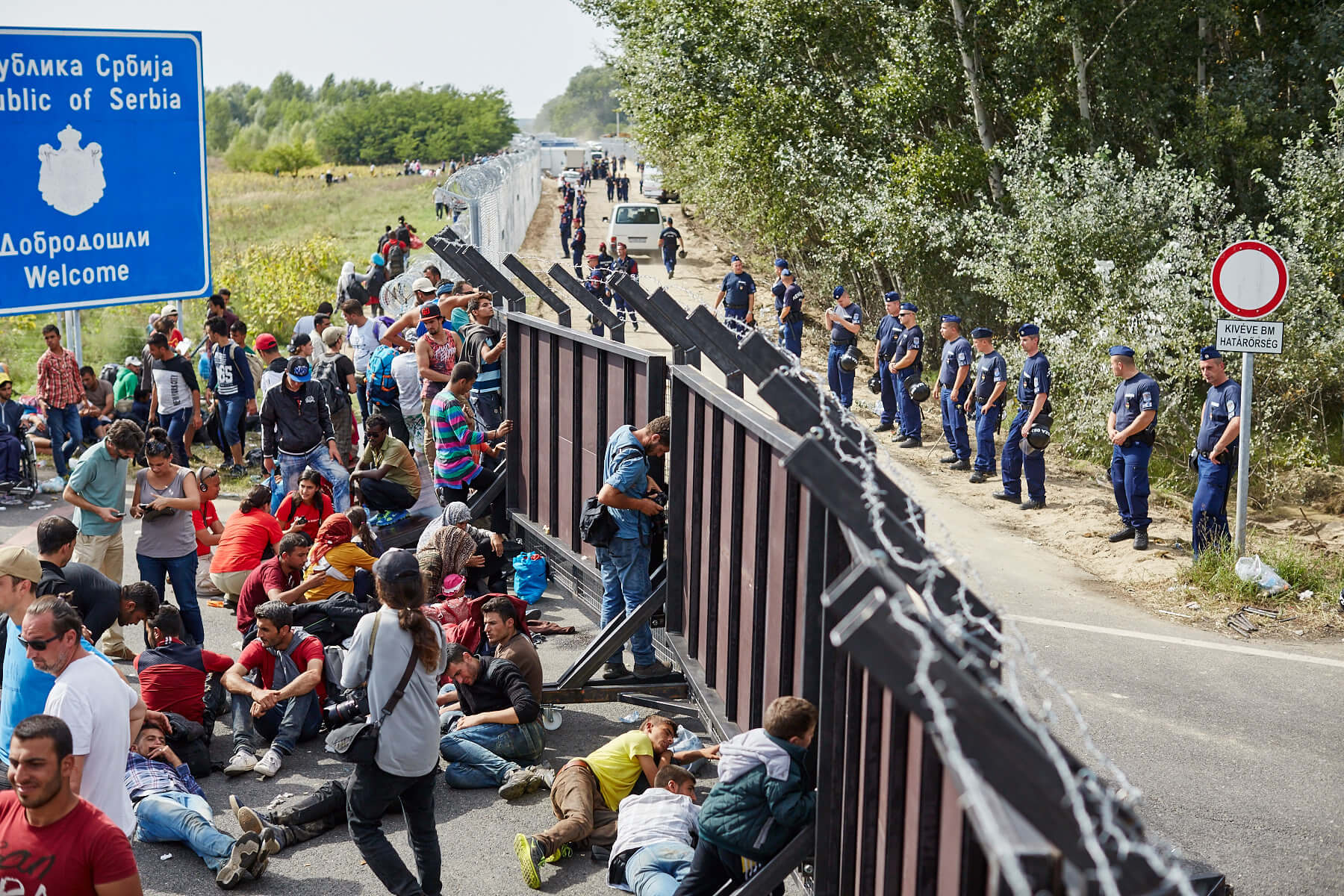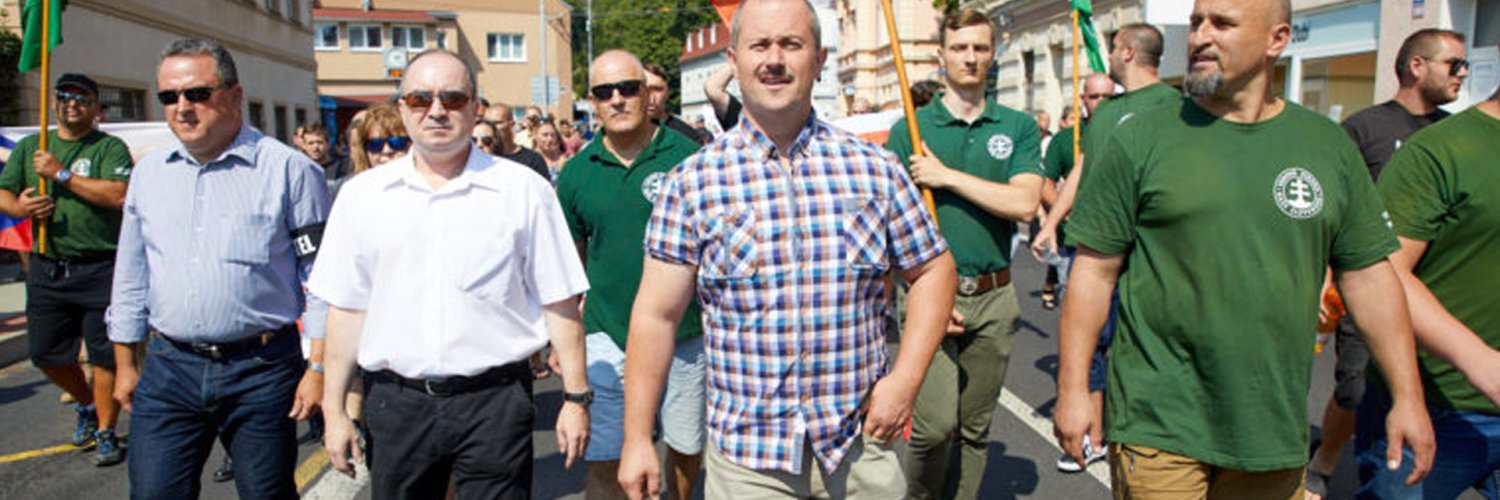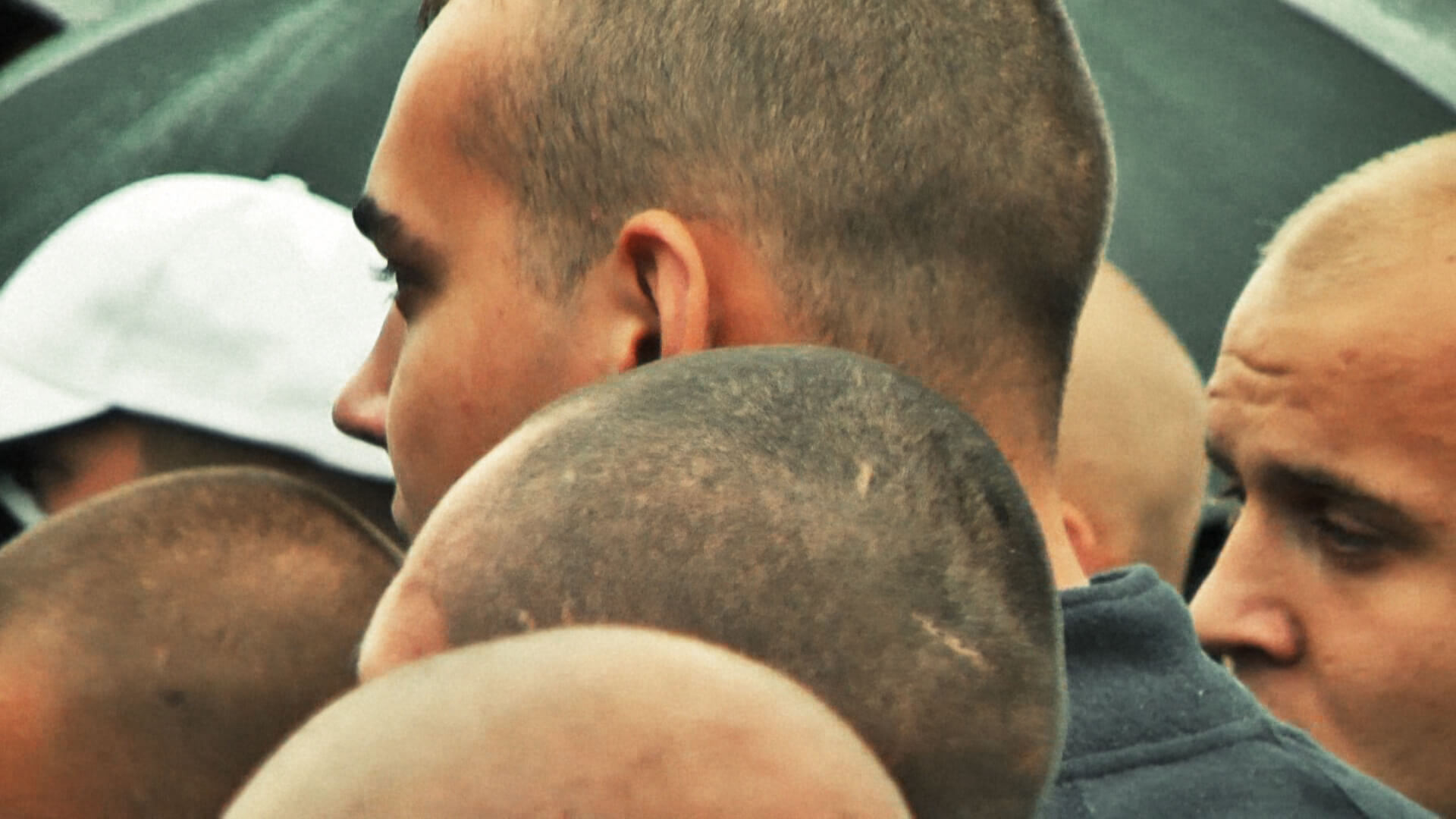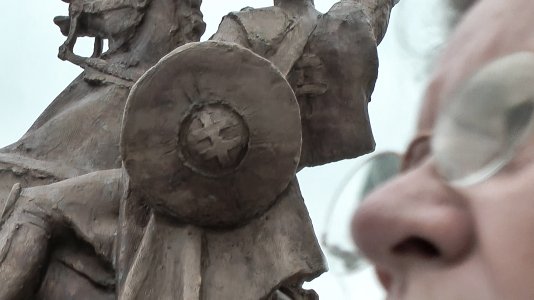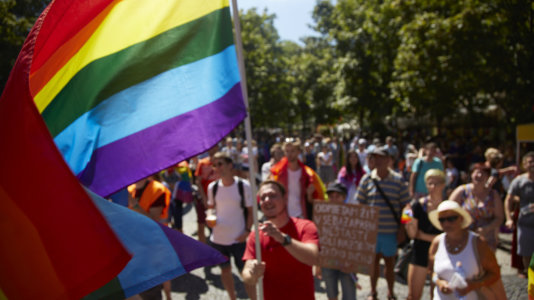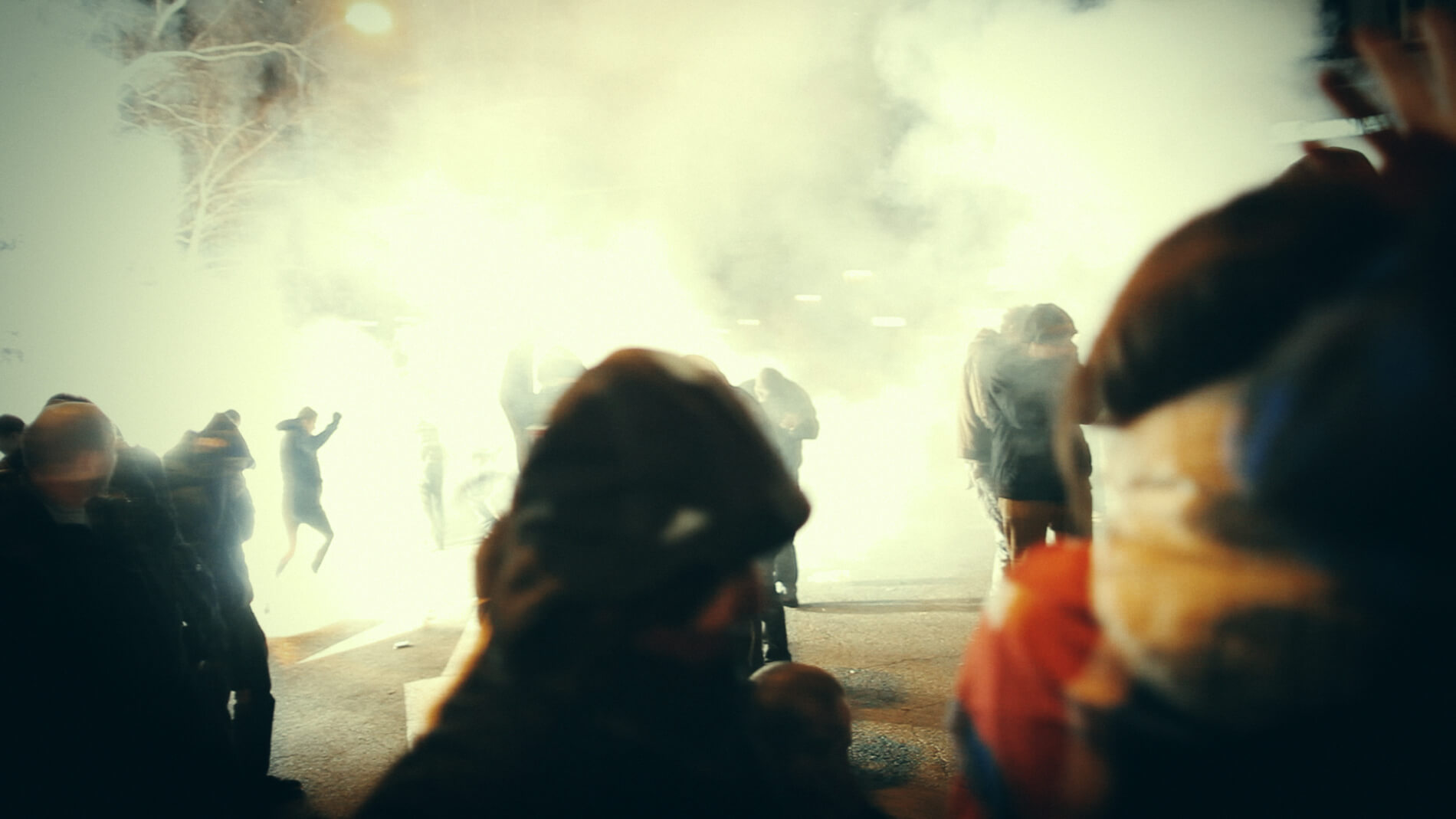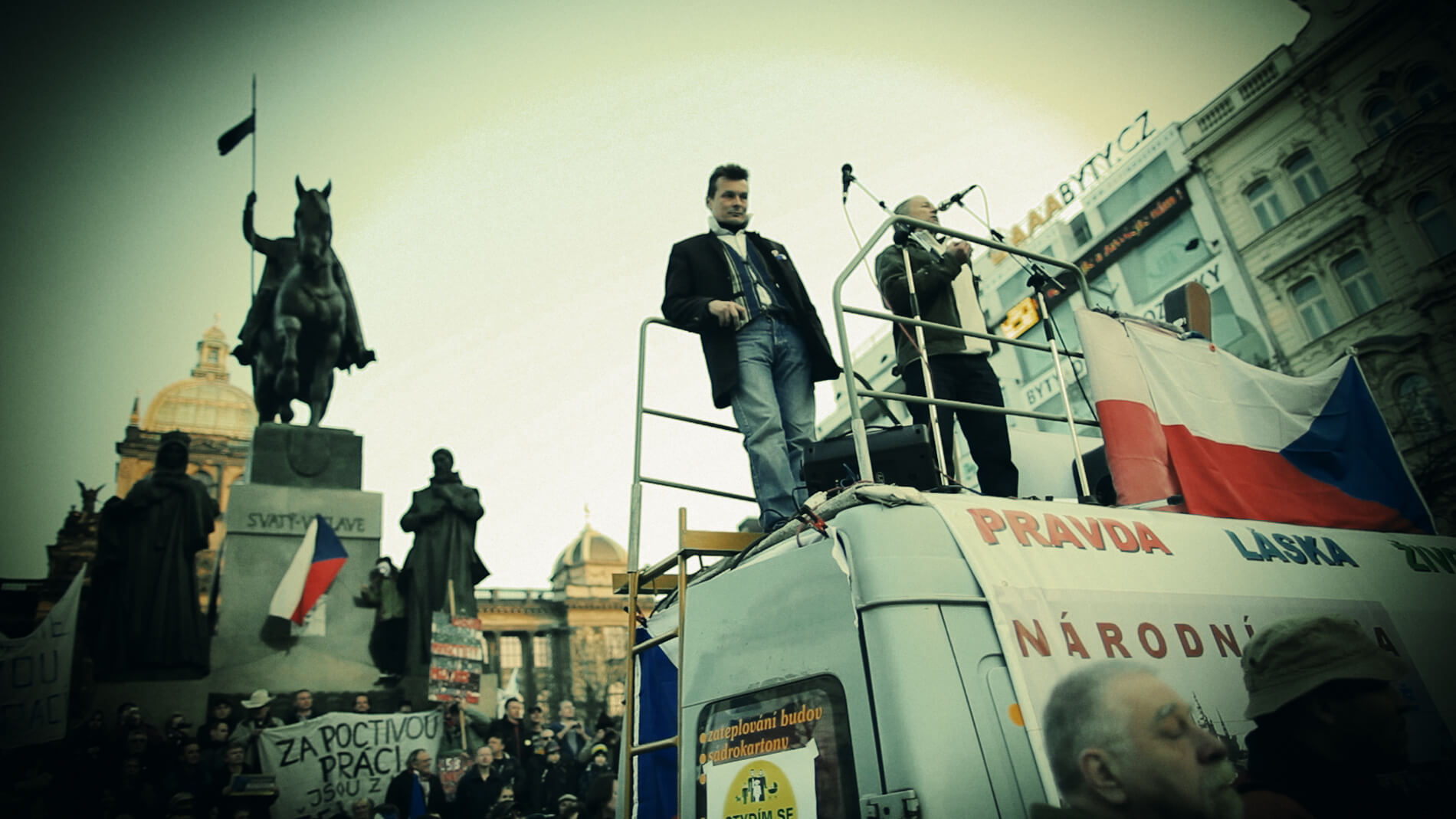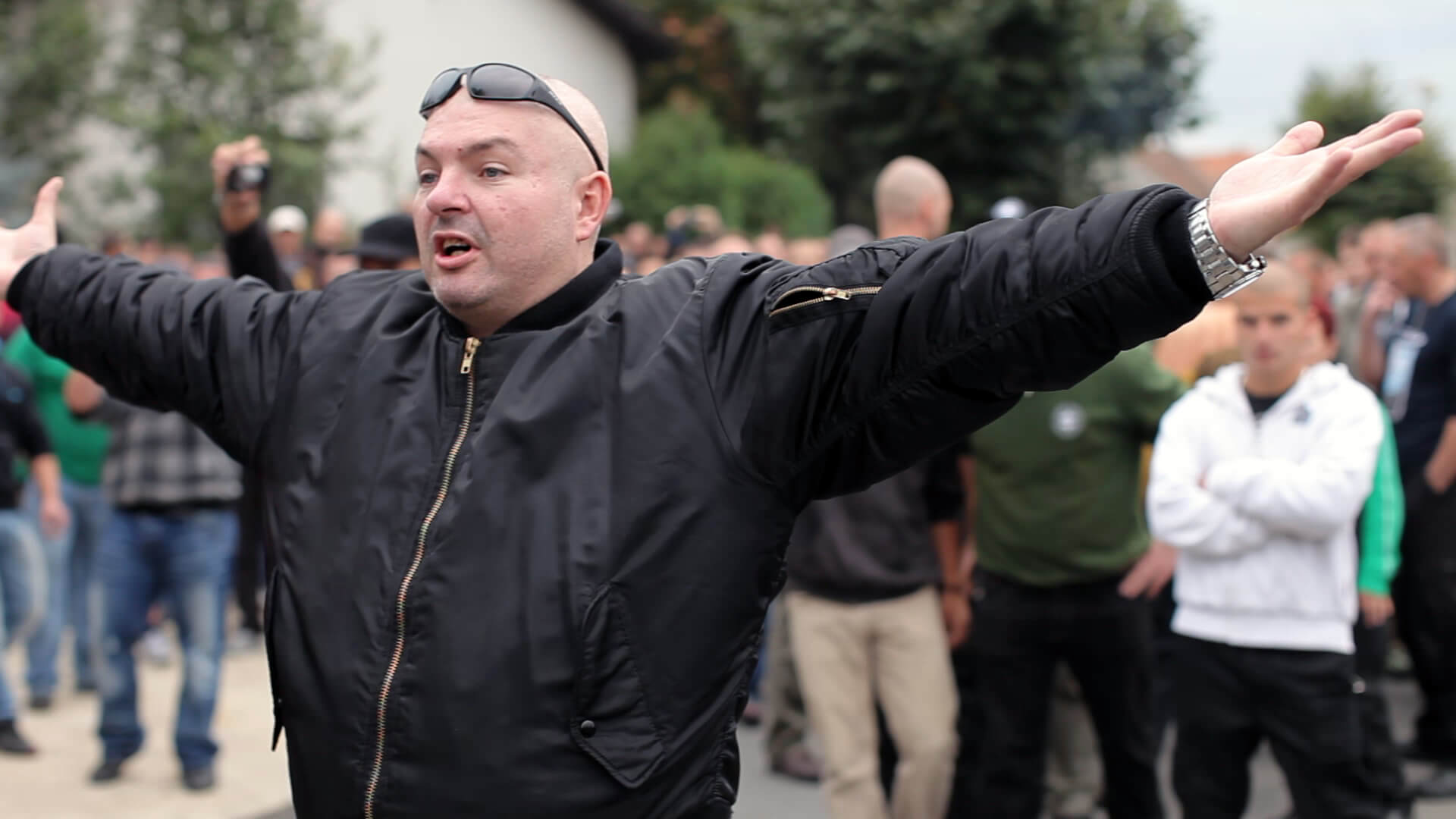On August 20th, 2018, far-right groups in the Czech Republic organized a protest in Dubí, a small town near the border with Germany. The protest was in response to a recent incident at a local swimming pool between two women.
The far-right groups, including the far-right political party DSSS, used the incident as a rallying cry against what they saw as an increase in crime and violence perpetrated by immigrants and minorities. They claimed that the incident at the swimming pool was evidence of a wider problem with immigration and multiculturalism in the Czech Republic.
However, the protest quickly turned violent, with clashes breaking out between the far-right protesters and local residents. Police were forced to intervene to prevent further violence, and several protesters were arrested for their involvement in the clashes.
The incident sparked a national debate about the rise of far-right extremism in the Czech Republic, and the role of the government and law enforcement in combating it. Critics of the government argued that it had not done enough to address the underlying causes of far-right extremism, such as economic inequality, social exclusion, and discrimination against minority groups.
The incident also highlighted the need for greater public education and awareness about the dangers of far-right extremism, and the importance of promoting tolerance and diversity in Czech society. Many civil society organizations and community groups have since launched campaigns and initiatives to promote greater understanding and acceptance of diversity, and to challenge far-right groups and their ideologies.
While the incident in Dubí was a disturbing example of the rise of far-right extremism in the Czech Republic, it also served as a wake-up call for many people to the importance of standing up against hate and intolerance, and working together to build a more inclusive and tolerant society.















